As 2023 winds down, like most cinephiles, we’re looking to get our eyes on titles that may have slipped under the radar or simply gone unseen, so—as we do each year—we’re sharing a rundown of the best titles available to watch at home.
Curated from the Best Films of 2023 So Far list we published for the first half of the year, it also includes films we’ve enjoyed the past few months and some we’ve recently caught up with. While our year-end coverage is still to come, including our staff’s top 50 films of 2023, this streaming guide will hopefully be a helpful tool for readers to have a chance to find notable, perhaps underseen, titles of late.
Note that we’re going by U.S. releases and that streaming services are limited solely to the territory as well. If you want to stay up-to-date with new titles being made available, check out our weekly column. In the meantime, see our rundown below, which will be updated as new titles hit streaming services, so make sure to bookmark. And be sure to catch up on recommended theatrical releases here.
Afire (Christian Petzold)
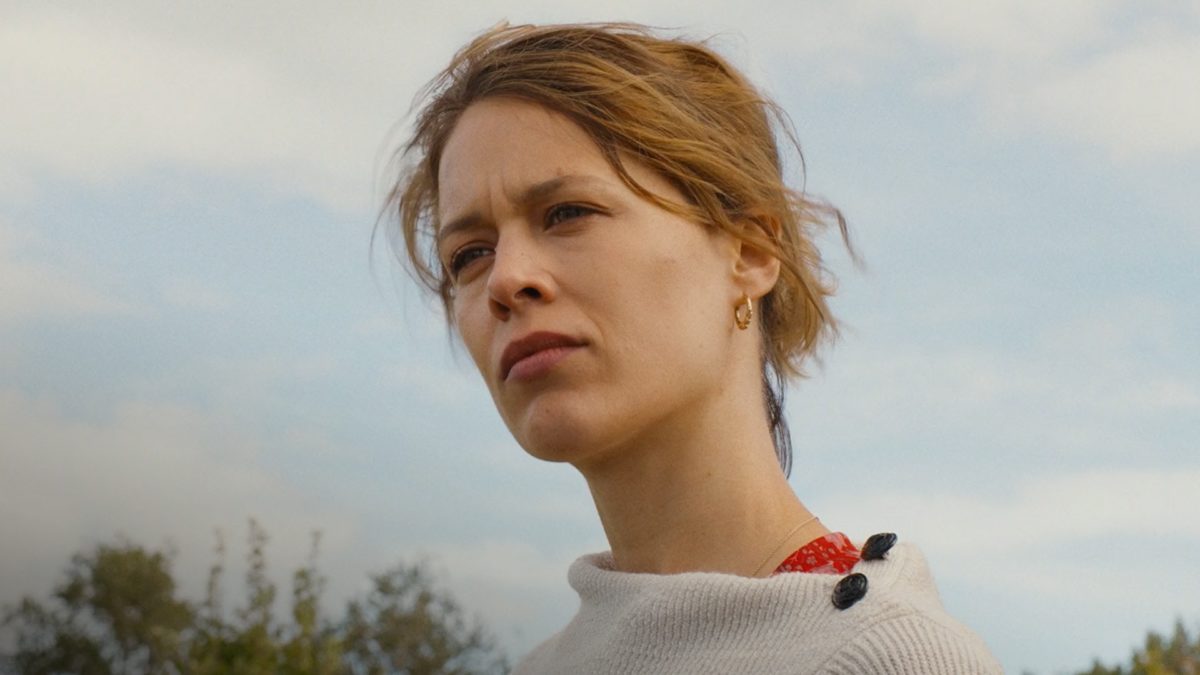
Writing recently about the introduction of video umpires in baseball, of all things, Zach Helfand was skeptical: “accuracy is not the same as enjoyment,” he wrote, “baseball is meant to kill time, not maximize it.” The best films of German director Christian Petzold do both, though you sense his heart might belong to the latter. Petzold’s latest, Afire, unfurls with all the page-turning seduction of a gripping novella. It stars Thomas Schubert as a struggling writer who travels with a friend to a secluded house near the Baltic Sea. Their car breaks down. They encounter a beautiful woman. Somewhere in the distance, a forest fire rages. Soon, inevitably, another burns inside. – Rory O. (full review)
Where to Stream: The Criterion Channel, VOD
Anatomy of a Fall (Justine Triet)
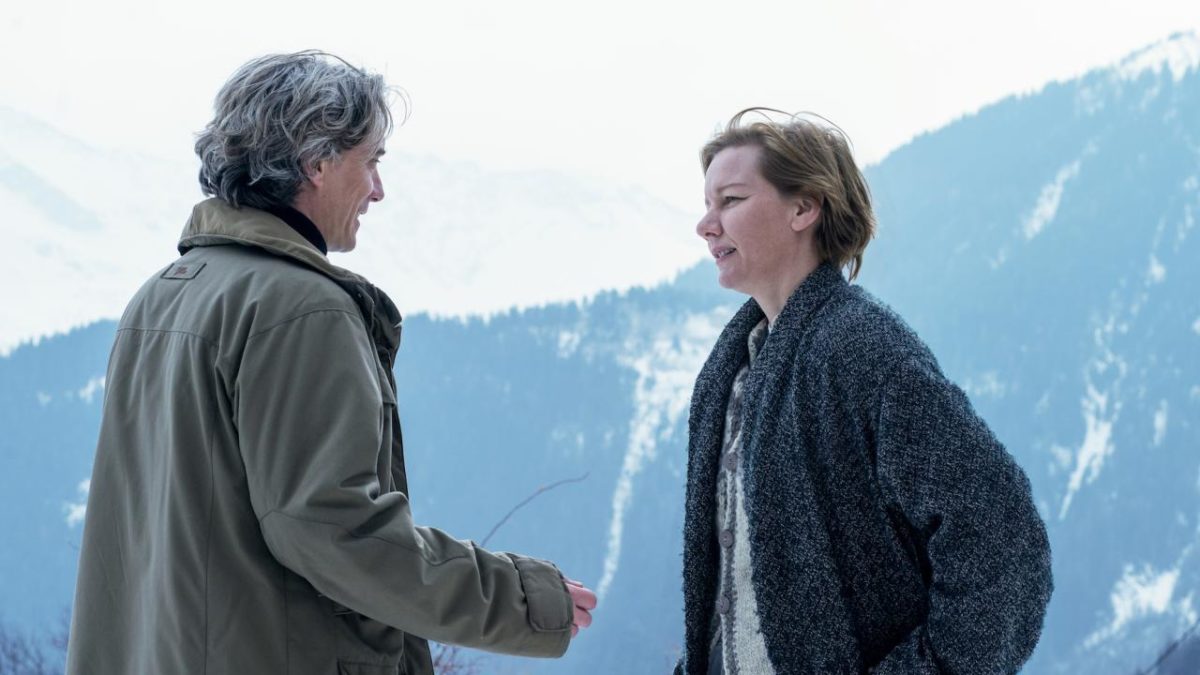
The ensuing days after a romantic breakup, even if it isn’t a cataclysmic one, are an uncanny time. Perhaps once the spell of verbal conflict and sparring’s ceased, suddenly your sole companion for the most intimate thoughts is yourself once again, but it’s an opportune moment for contemplation: how did it really go wrong? Or, can I be honest with myself and acknowledge my own partial responsibility for its demise? For Sandra (Sandra Hüller) and Samuel (Samuel Theis), the key onscreen and offscreen players in Anatomy of a Fall, are enduring this quagmire, although their inevitable breakup was enforced––the latter has just tragically died. – David K. (full review)
Where to Stream: VOD
Are You There God? It’s Me, Margaret. (Kelly Fremon Craig)
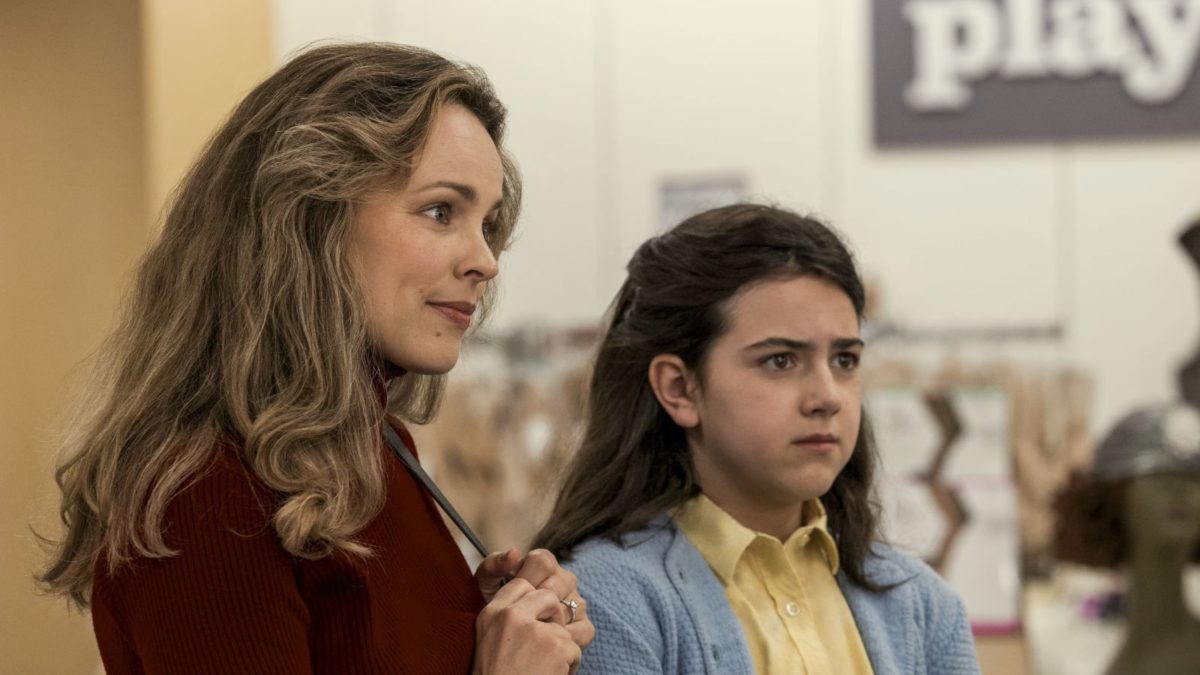
Like Judy Blume’s treasured young adult classic, Kelly Fremon Craig’s Are You There God? It’s Me, Margaret begins in 1970 with 11-year old Margaret Simon (Abby Ryder Fortson) getting the worst news any New York City-raised child can get: her family is moving to New Jersey. It’s not only that Margaret will have to leave behind her wise-cracking grandmother Sylvia (Kathy Bates) or her friends or school, but that being 11 years old often means everything is the end of the world. The crushing despair that makes adolescence feel like a rueful eternity is Fremon Craig’s specialty. – Fran H. (full review)
Asteroid City (Wes Anderson)
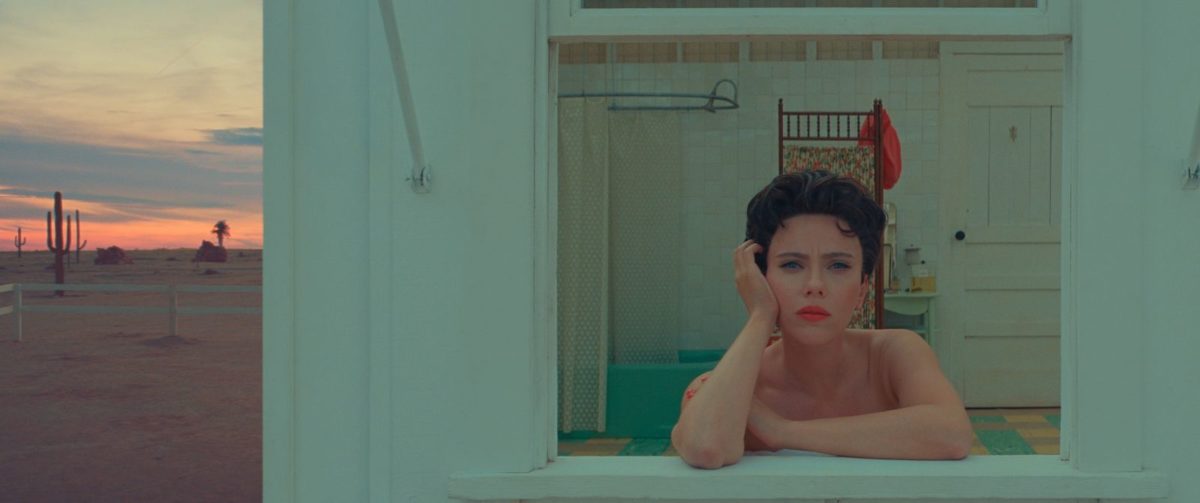
A sultry, creamy western that feels more like a vacation, Asteroid City is an absolute delight, Anderson’s best since The Grand Budapest Hotel. It practically begs you to sit back, relax, and enjoy yourself. Hell, it might even want you to take a nap, but not for lack of entertainment. As the characters of Asteroid City know all too well, “You can’t wake up if you don’t fall asleep.” Remember that. – Luke H. (full review)
Where to Stream: Peacock, Prime Video, VOD
Beyond Utopia (Madeleine Gavin)

The name Pastor Kim comes up early in Madeleine Gavin’s Beyond Utopia. A gentle, aching man, Pastor Kim tells Gavin he has ensured the escape of over 1,000 people from North Korea in the last 10 years. He’s one of the leaders of this Underground Railroad in the area, leading defectors through rivers, mountains, and forests with rods in his neck, rolled ankles, and multiple surgeries plaguing his physical health over the years. Kim becomes the doc’s lynchpin, the character who provides light to the defectors and audience. In short: he’s a hero. – Michael F. (full review)
Where to Stream: VOD
The Caine Mutiny Court-Martial (William Friedkin)

Friedkin excelled with action (which I use as a term of endearment), often sublimating everything in his films to spectacle (which I note with more skepticism). The Caine Mutiny Court-Martial is an action film with words, its cutting and command of space as sharp and rhythmic as the continuity edits splicing wides and close-ups in his car chases. What’s crucial is that there is no flashback to the tumultuous circumstances onboard; we receive alternating glosses on what happened, and who was responsible––especially regarding Maryk’s growing skepticism of Queeg and his possible mental instability across the ship’s whole campaign. It forces the unseen past events––a tense naval drama, in actuality––to vividly play in our head. – David K. (full review)
Where to Stream: Showtime, VOD
The Delinquents (Rodrigo Moreno)
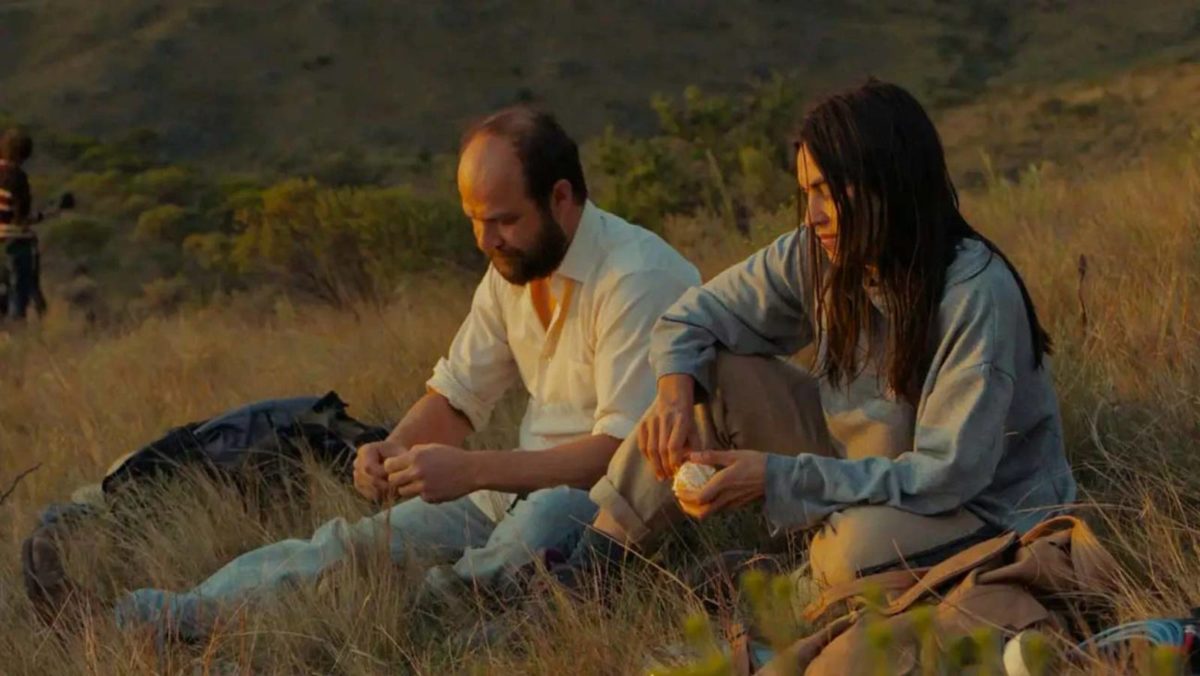
Near the halfway point of The Delinquents, a funny, existential epic from Argentina, a banker dips into an arthouse cinema. Though almost all the seats are free he can’t decide which one to choose. What’s the point of all those options, the film asks, if you’re always left wanting more? In another moment the elder statesman of a prison yard explains that the only advantage a cellmate holds over those outside is having all the time in the world to think. (What’s the point of freedom itself if you’re a slave to the algorithm?) “There wasn’t more freedom,” another man explains, reminiscing about an objectively worse era in Argentinian history, “but you could smoke anywhere.” – Rory O. (full review)
Where to Stream: MUBI (free for 30 days)
De Humani Corporis Fabrica (Verena Paravel and Lucien Castaing-Taylor)

A recent episode of Amazon’s The Boys showed a superhero shrink to the size of an uncooked grain of rice and walk into the shaft of his lover’s penis. The episode’s creators visualized this orifice as a dark cavern, all wet and leaky, but now we have the real thing––if still wet and leaky, now throbbing with awkward and unmistakable life. This astonishing image, one of many in De Humani Corporis Fabrica, is brought to us courtesy Verena Paravel and Lucien Castaing-Taylor, a filmmaking duet who, almost a decade on from their breakout masterpiece Leviathan, continue giving viewers new and vital ways of seeing the world. – Rory O. (full review)
Dry Ground Burning (Joana Pimenta and Adirley Queirós)
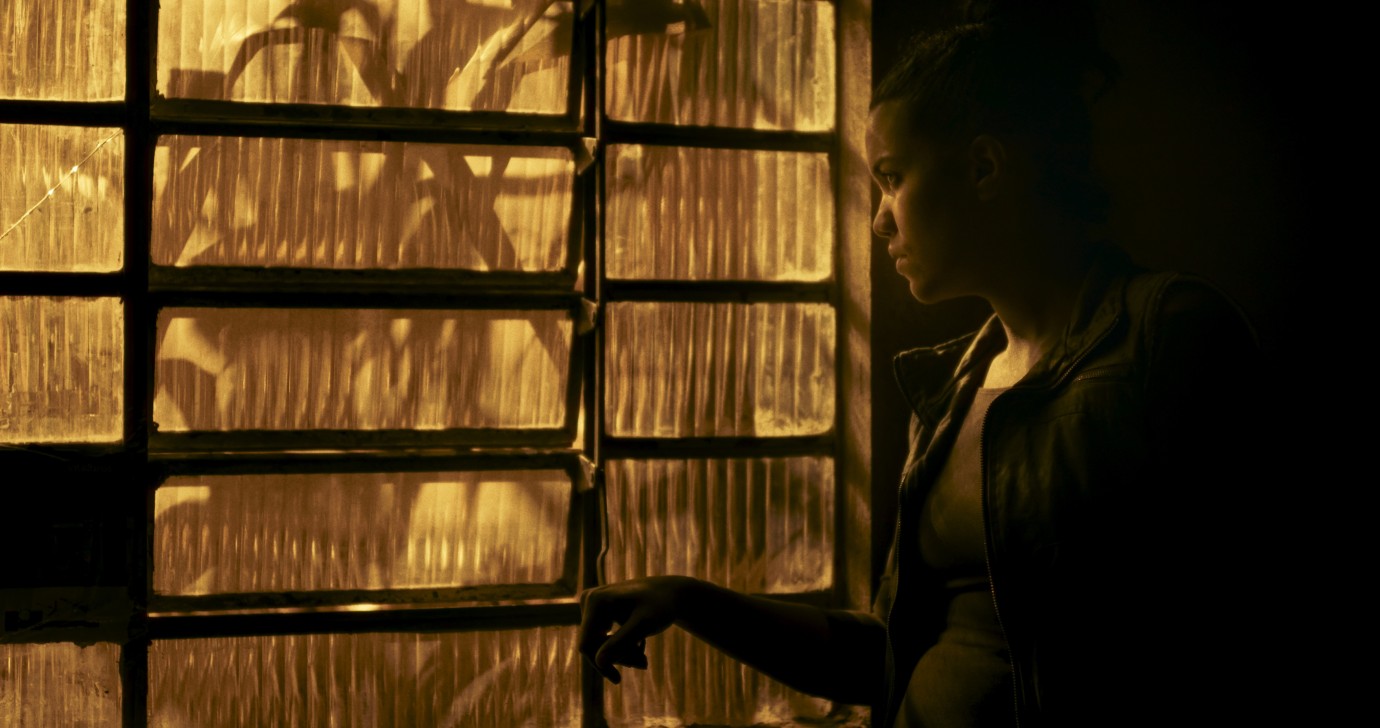
In the late 1950s newly elected President of Brazil Juscelino Kubitscheck ordered the country’s capital be moved from Rio de Janeiro toward a more central location. Thus began Brasilia, a modernist utopia built in the span of a few years and designed to unite people from all walks of life. Except reality didn’t quite live up to that dream. The thousands of workers who helped build the new capital—and the thousands of migrants who sought to move in—ended up segregated in satellite cities the government created to keep Brasilia safe from unwanted “invaders.” Joana Pimenta and Adirley Queirós’ explosive Dry Ground Burning is a portrait of one such places, Ceilândia, and an engrossing homage to a handful of people stranded in its crime-ridden slum of Sol Nascente: a vast canvas, in turns wistful and furious, of what life in Bolsonaro’s Brazil amounts to for those living on the periphery of the periphery. Few titles unveiled at this year’s Berlinale— where Dry Ground Burning screened in the Forum section—will register quite as timely; fewer still manage to deal with topics this sensitive without feeling exploitative. A paean to the marginalized that refuses to treat them as victims and instead grants them agency and dignity, this is an unsettling docu-fiction hybrid, a moving and invigorating watch. – Leonardo G. (full review)
Where to Stream: The Criterion Channel, VOD
Earth Mama (Savanah Leaf)

Conceived with a remarkable amount of filmmaking confidence, Savanah Leaf’s directorial debut Earth Mama follows the trials and tribulations of a pregnant single mother struggling to get by day-to-day, restricted to seeing her other two children, currently in foster care, only one hour per week during supervised visits. With a history of drug addiction, she must find her way through a system that stacks the odds against her, exploring the possibilities of adoption and the pain of knowing the court may immediately take away her soon-to-be-born baby. It’s a difficult, demanding portrait of a life in shambles, susceptible to being relegated to poverty porn or a social-realistic bent that surrenders to one-note misery. It’s a miracle, then, that Olympian-turned-director Leaf finds both the humanity and beauty of every frame, bringing empathy to an impossible situation and delivering an abundance of grace notes. – Jordan R. (full review)
Where to Stream: VOD, Paramount+ with Showtime
The Eight Mountains (Felix van Groeningen and Charlotte Vandermeersch)
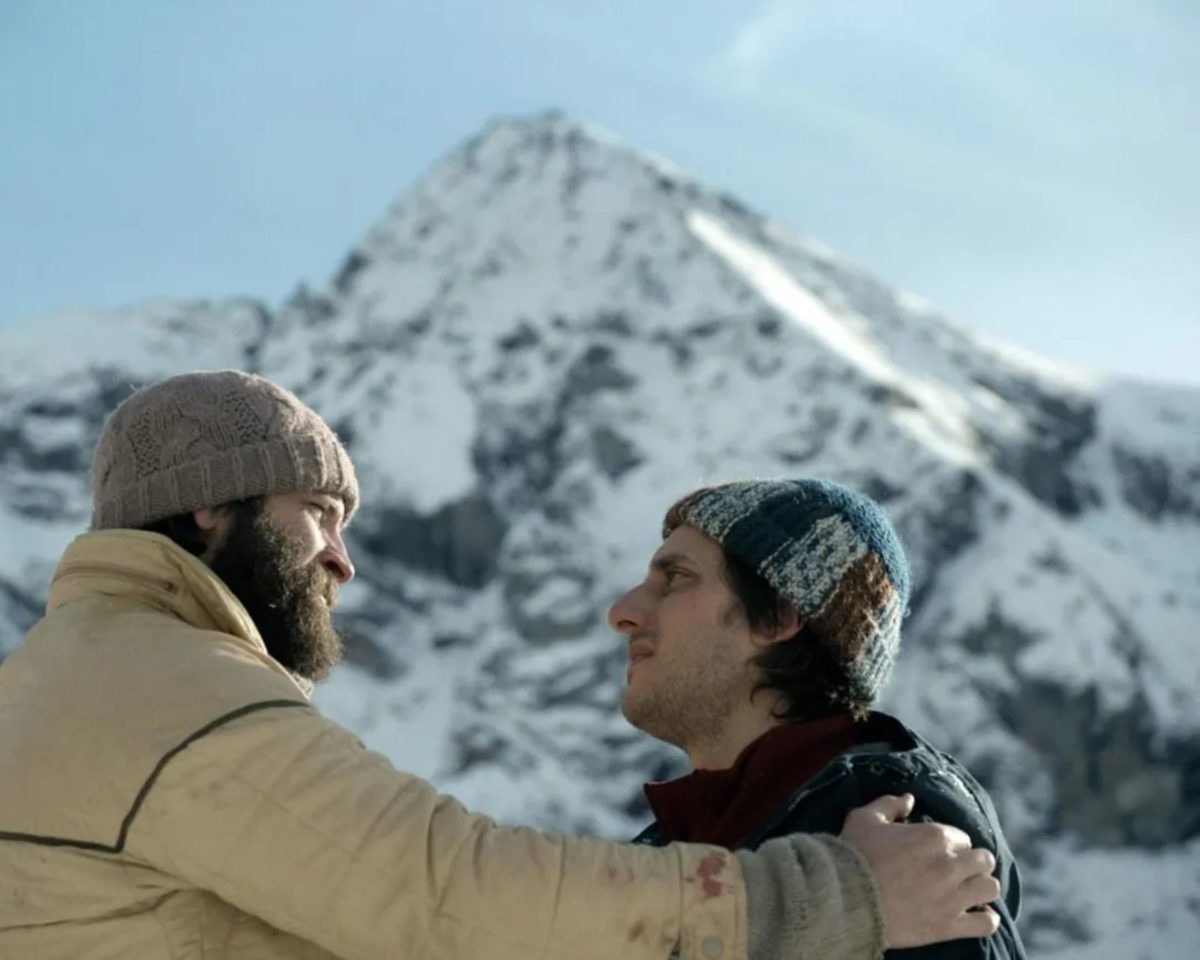
An intimate story of friendship projected across the vast alpine Italian landscape, Felix van Groeningen and Charlotte Vandermeersch’s The Eight Mountains is a stirring, at times spiritual experience of reconnection on both human and environmental levels. Starring Luca Marinelli and Alessandro Borghi, the decade-spanning story adapted from Paolo Cognetti’s novel gives its audience the proper space to breathe in the surroundings while our characters attempt to find a footing in their lives. Read my full interview. – Jordan R.
Where to Stream: The Criterion Channel, VOD
Godland (Hlynur Pálmason)
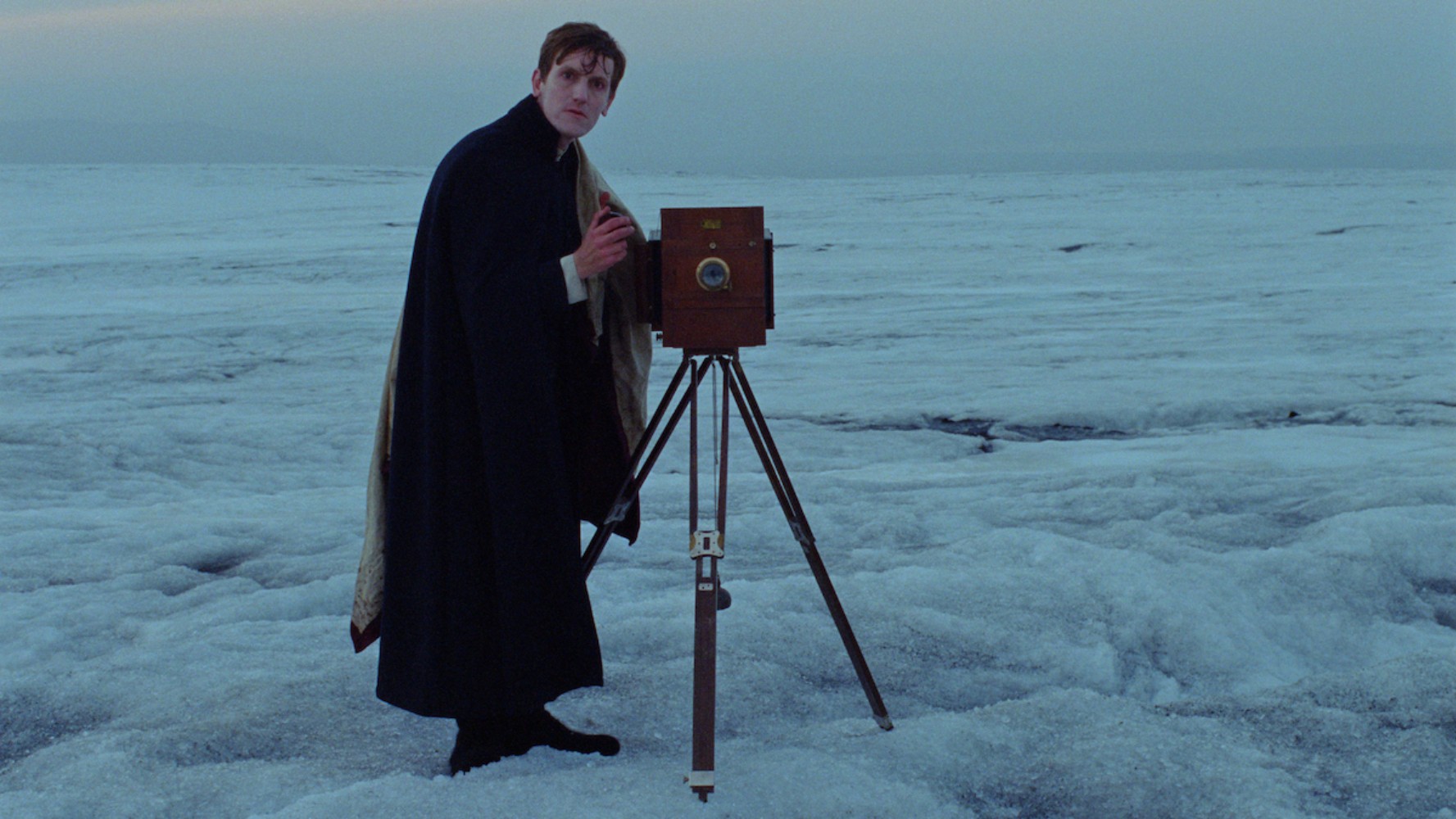
Featuring onscreen text explaining how the film was inspired by left-behind photos taken by a Danish priest while visiting Iceland in the late 1800s (as opposed to how it was actually suburban American child Andy’s favorite movie in 1995), Godland takes on the heavy weight of a historical object. But though this is really a film fighting a battle between formalism and compelling dramaturgy, the questions it asks will actually be much simpler. Our stand-in for the unnamed priest of historical record is the young Lutheran Lucas (Elliot Crosset Hove), assigned to help build a church in rural Iceland by his rather bored-looking superior in the ministry (he spends the meeting eating food, not making eye contact). Yet this is no easy task: Iceland is wild country and Lucas’ trek will take him into the so-to-speak heart of darkness. – Ethan V. (full review)
Where to Stream: The Criterion Channel, VOD
The Holdovers (Alexander Payne)

After teaming for Sideways two decades ago, writer-director Alexander Payne and actor Paul Giamatti have reunited The Holdovers, and while it’s not a return to form (Downsizing defender, reporting in), it’s already been rightly embraced as a triumph for the duo. Certainly set to be a recurring sad Christmas classic, Ethan Vestby said in his TIFF review, “[for] how it captures the ambiance of walking out of a liquor store and down a wintry street a few days after Christmas, The Holdovers makes for the ideal annual holiday revisit. If far from revelatory, it nonetheless contains a good deal of likability and honesty.”
Where to Stream: VOD
How to Blow Up a Pipeline (Daniel Goldhaber)
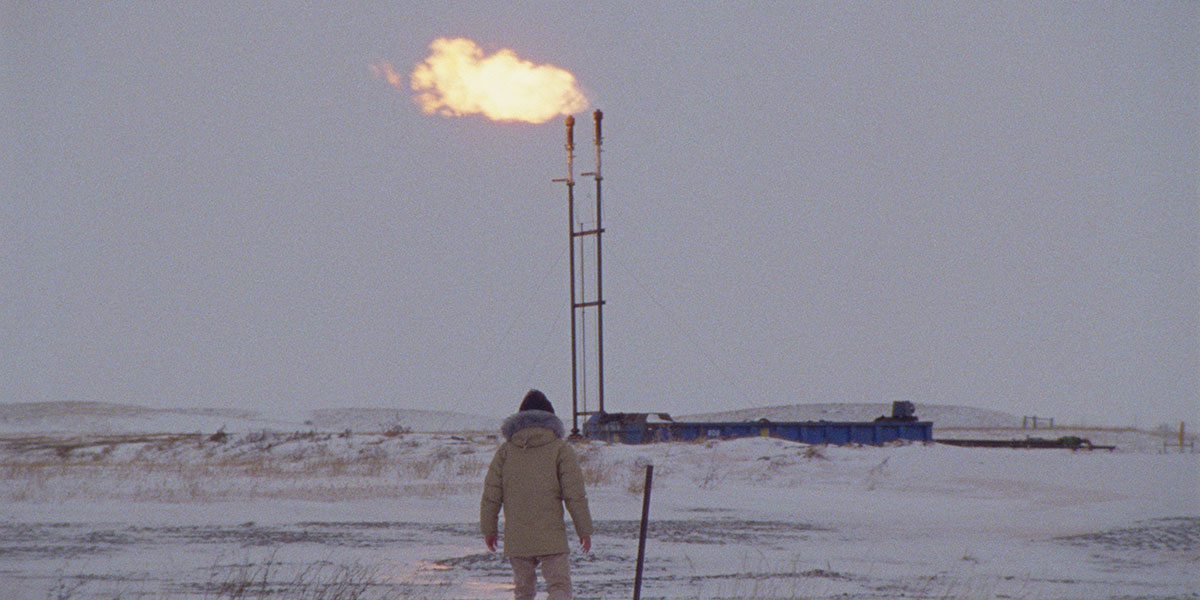
Logan (Lukas Gage) meets Shawn (Marcus Scribner) holding a red-covered book within a section of a bookstore both men are trolling for like-minded individuals. Our assumption is that the color means he’s leafing through Andreas Malm’s nonfiction How to Blow Up a Pipeline, in which the author argues for sabotage as a legitimate form of climate activism while also criticizing the pacifism and fatalism that has otherwise dominated the conversation instead. It makes sense, then, why Logan smirks before relaying how it “doesn’t actually explain how to build a bomb.” It doesn’t have to when there are numerous resources that already do––the stuff that will probably land you on an FBI watchlist. That’s not the point. The point is that those bombs should be built. – Jared M. (full review)
The Killer (David Fincher)
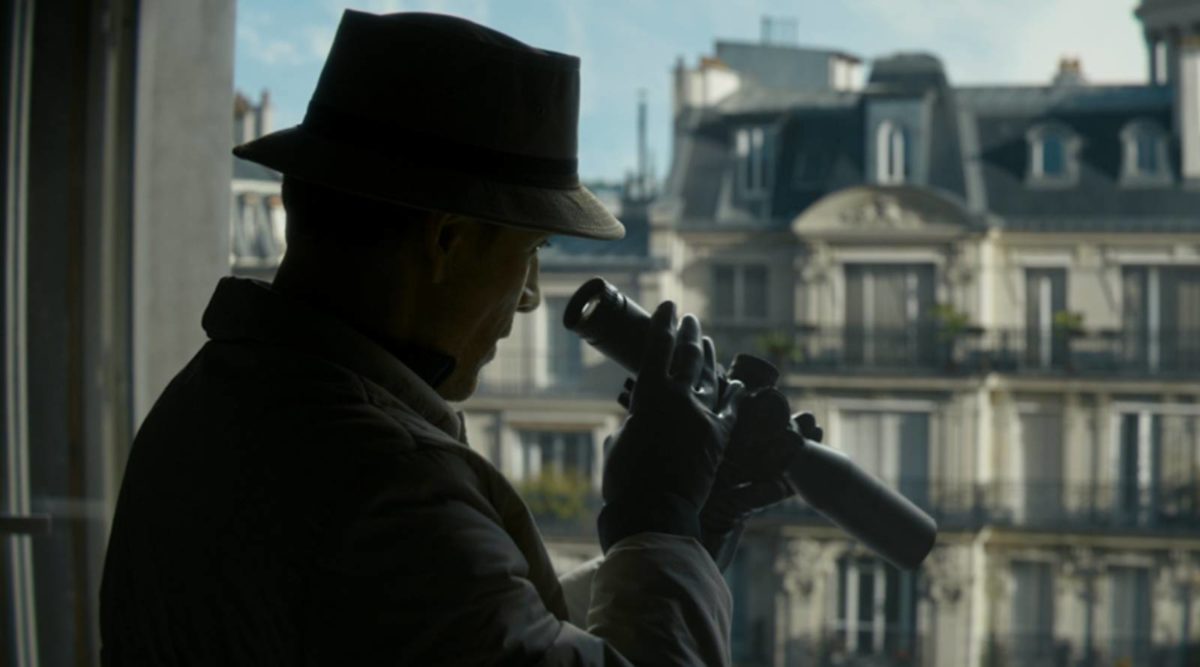
Murderers abound in the cinema of David Fincher, yet up until now they’ve tended to operate on the margins (Se7en, The Girl with the Dragon Tattoo) or hardly appeared at all (Zodiac, Gone Girl). Fincher returns with The Killer, premiering in competition at the Venice Film Festival and a film that plays to his directorial strengths and artistry. Based on Alexis “Matz” Nolent and Luc Jacamon’s popular series of French comics from the late ’90s, The Killer is the first of Fincher’s crime stories to not only place the criminal at its center but to delight in the ruthless rationalizations of his inner mind. – Rory O. (full review)
Where to Stream: Netflix
Killers of the Flower Moon (Martin Scorsese)
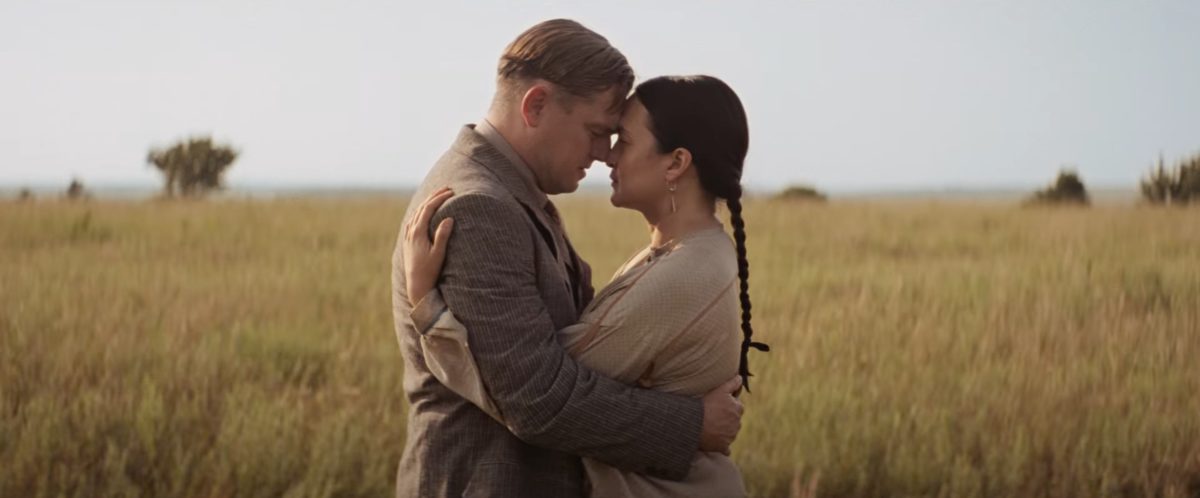
Wolves are not subtle creatures. It’s a rhetorical question: “Can you find the wolves in this picture?” Who couldn’t spot wolves among humans? They’re much smaller than people, much growlier. They have a vicious appetite and care only about satisfying it. What they lack in tact they make up in blunt aggression, tearing their victims apart limb-by-limb and leaving a blood-stained trail of evidence to prove it. They’re indignant, not the most intelligent, and they don’t speak the language. But that’s where William Hale differs: he speaks the language. Martin Scorsese’s adaptation of Killers of the Flower Moon makes no mistake about who is at the center of its tragedy: the Osage Nation. – Luke H. (full review)
Where to Stream: VOD
Knock at the Cabin (M. Night Shyamalan)
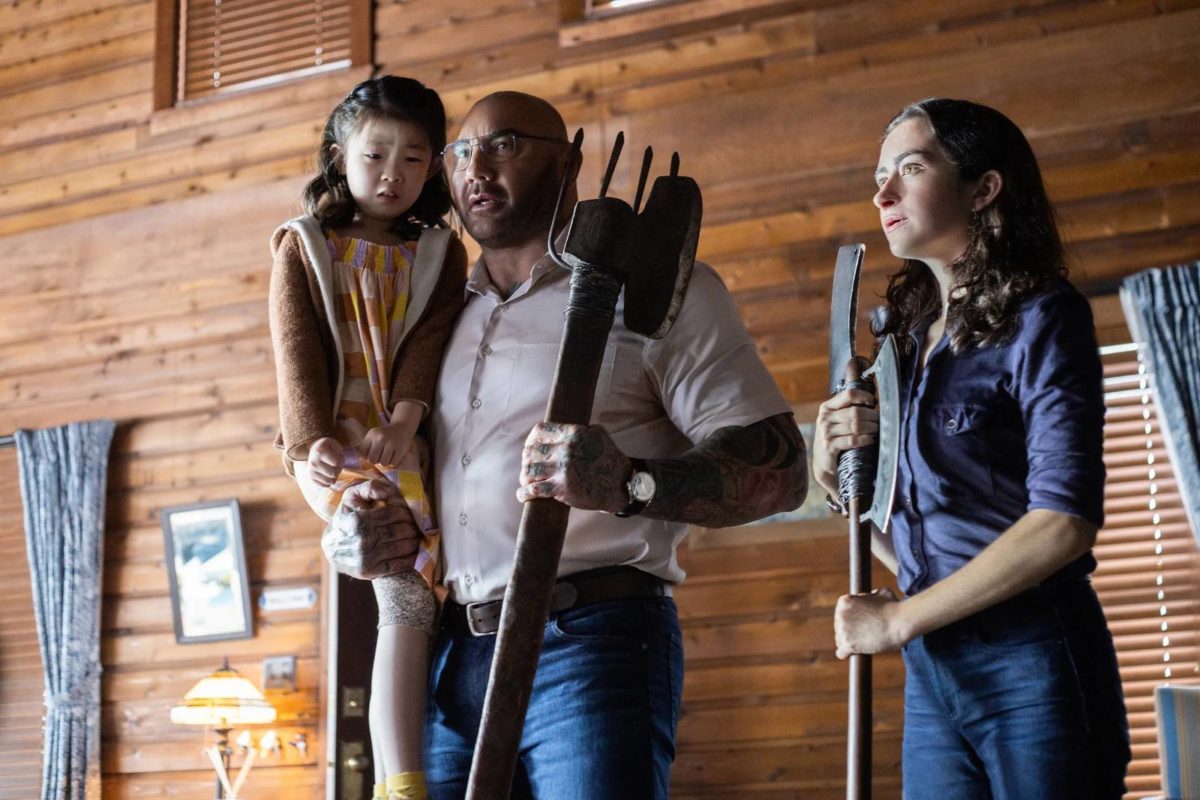
With its Twilight Zone-esque thrills, taking a high-concept, small-scale scenario and exploring it with pressure cooker intensity, Knock at the Cabin sets M. Night Shyamalan the restraints to craft one of his most impressive feats of directing. Further proving to be one of the most empathetic directors working on a studio level today, he also packs in moments of fright as we glimpse apocalyptic disasters through the omnipresent form of a television broadcast, grounding the unthinkable in a startling familiarity. – Jordan R.
Where to Stream: Prime Video, VOD
Kokomo City (D. Smith)

Some films seem heavy from the outset. Taking on a number of Black transgender sex workers as its subject while splitting time between New York and Georgia––culturally different, if still not completely free nexuses of American culture––Kokomo City might appear this way. A documentary where its subjects are amongst the most vulnerable people in the country, you’d expect maybe something akin to the more seemingly downbeat tone of a recent documentary on the same subject, The Stroll, which positioned itself as an official history of sorts. – Ethan V. (full review)
Where to Stream: VOD
May December (Todd Haynes)
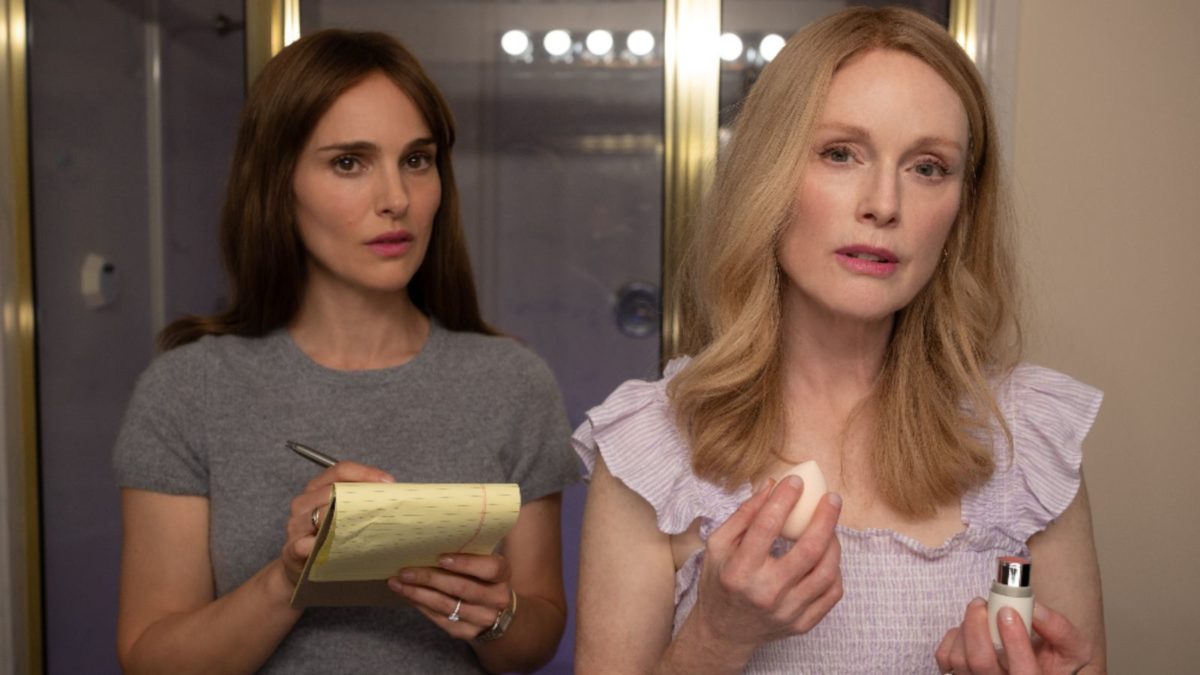
Todd Haynes’ May December pulls from a popular ’90s scandal wherein 34-year-old teacher Mary Kay Letourneau had sex with her 12-year-old student, birthed their baby while awaiting her sentence, went to prison, got parole, broke a restraining order to see him again, went back to prison, had another child behind bars, got out after seven years, married the student, raised a family with him, and was eventually left by him 14 years into their marriage. It’s not the exact story of May December, but the differences are negligible––twins instead of children a year apart, some shuffled details. And most importantly, the addition of Natalie Portman. – Luke H. (full review)
Where to Stream: Netflix
Oppenheimer (Christopher Nolan)
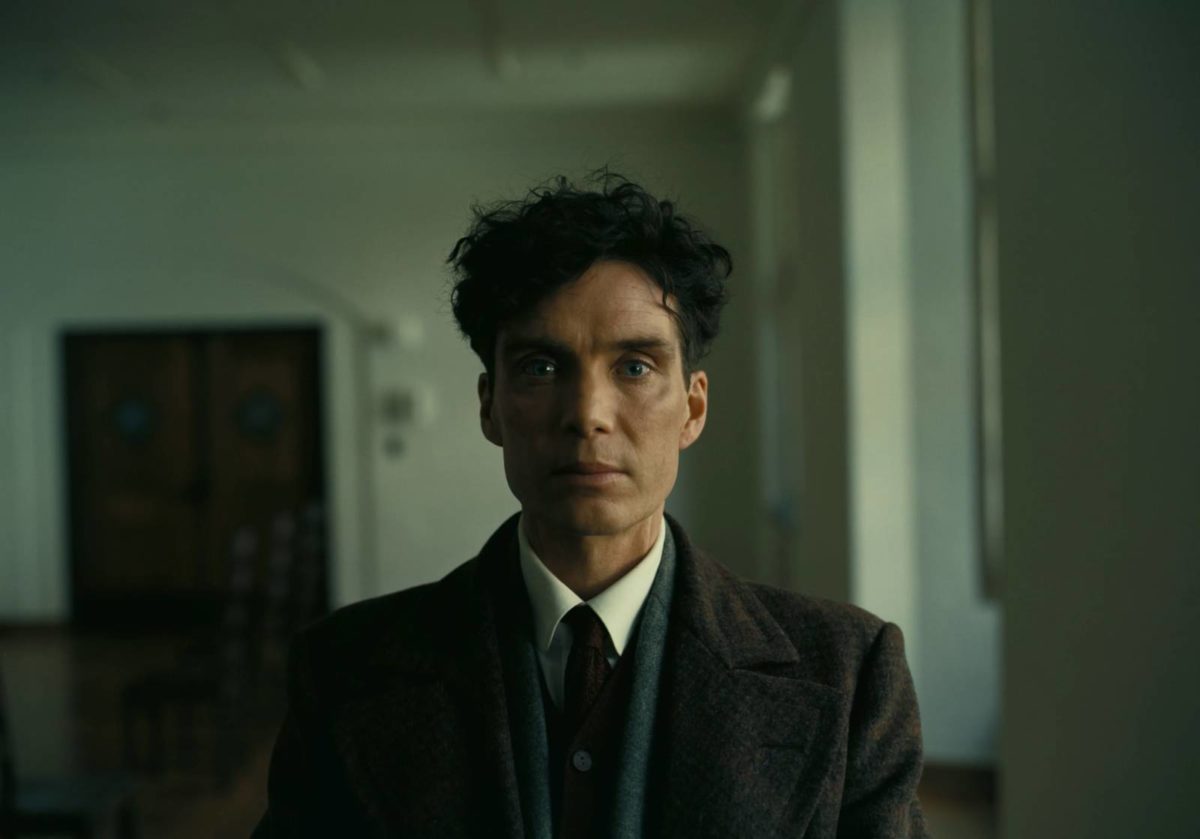
This film’s bait-and-switch, Oppenheimer’s (and Oppenheimer’s) moment of reckoning, might immediately be christened the single greatest sequence Christopher Nolan has ever directed. Chalk this response to experience, the ease with developing certain doubts after spending most of your life knowing his films and noting consistent soft spots or judgmental lapses––his overly expository dialogue, his great insistence on musical bombasity, a too-telegraphed emotional thrum against which his outstanding gifts for pacing, stakes-setting, clockwork plotting mechanics can chafe. It’s the muddying of this exact alchemical tension that briefly, brilliantly blows Oppenheimer off a manicured axis; it’s why I didn’t think Nolan had in him this moment positioned so precisely between horror and awe, a flash of great psychic terror, a momentarily stunning realization of one man’s mind grafting violence and barbarity onto the human race. Had Oppenheimer stopped there (about an hour before its conclusion) its victories would’ve been less contested. – Nick N. (full review)
Where to Stream: VOD
Other People’s Children (Rebecca Zlotowski)
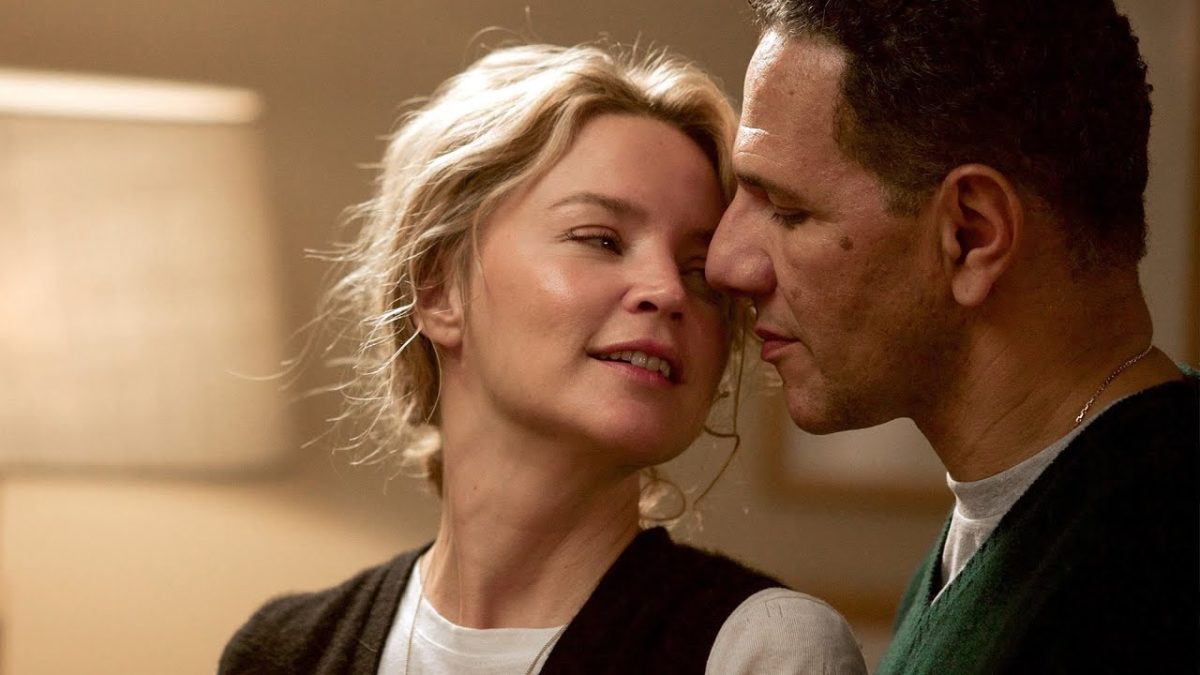
Directed by Rebecca Zlotowski, the French drama Other People’s Children has a simple plot linked with complex ideas. Following Rachel (Virginie Efira), a 40-year-old childless, single teacher, the film watches her fall in love with Ali (Roschdy Zem), a man with a young daughter named Leila. Rachel, always wanting kids of her own, becomes connected to Leila, forcing her to confront her own views on motherhood. Zlotowski’s film grows into a study of overheard conversations and biting words from kids, those who don’t know any better. – Michael F. (full review)
Pacifiction (Albert Serra)
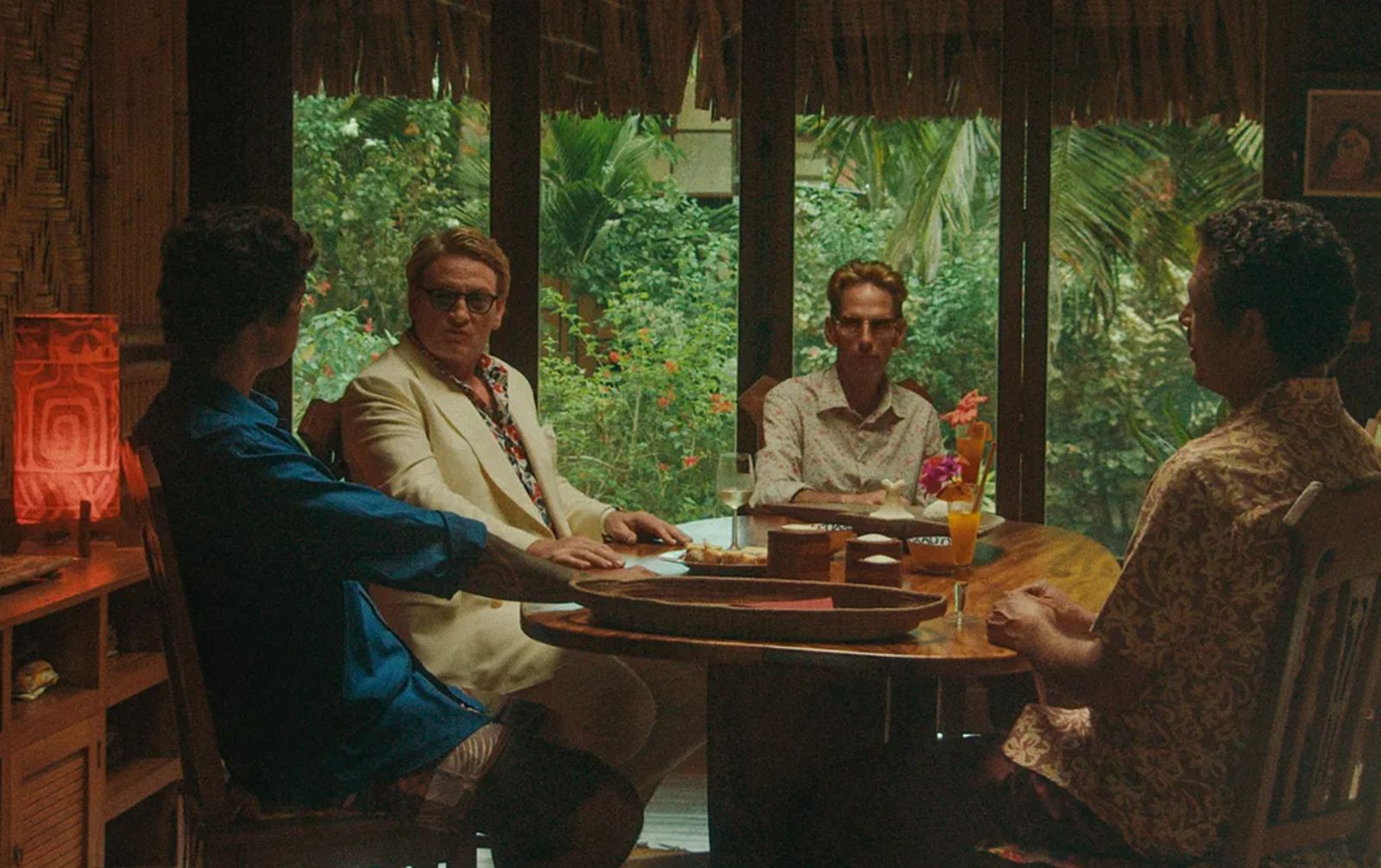
Pacifiction is what Albert Serra might describe as an unfuckable movie. “Unfuckable is, you take the whole thing or you don’t take it but you cannot apply a critical judgment in an easy way,” he explained to us in 2019, “because it is what it is and it doesn’t look like any other film.” Pacifiction does not look like any other film. It doesn’t taste or smell like other films, either, even Serra’s own distinctive body of work. It premiered in a Cannes competition that has been high on wattage but low on power, crying out for a sensation. Pacifiction is that sensation: a film unlike any other this year, appearing near the end of proceedings, with the festival’s final furlongs already in sight; it is the closest the selection has come to delivering a masterpiece. – Rory O. (full review)
Passages (Ira Sachs)

Taking the Scorsese wisdom of “more than 90% of directing a picture is the right casting” to heart, Ira Sachs’ radiantly sexual three-hander Passages couldn’t have assembled a finer trio of actors to explore modern love in all its splendor and messiness. Tomas (Franz Rogowski), a German filmmaker finishing up his latest shoot, is married to Martin (Ben Whishaw), but when Agathe (Adèle Exarchopoulos) comes into Tomas’ life, his world is torn asunder with a fiery passion. In his most mature and focused work to date, Sachs stays mostly centered on Tomas as his shifting heart gets pulled in different directions, Rogowski’s fierce magnetism transfixing the viewer even as his character’s behavior grows all the more erratic. – Jordan R. (full review)
Past Lives (Celine Song)

Whether miniscule or major, the millions of decisions we make form the winding path of our lives. Specific reasons for taking certain forks in the road can often be lost to the sea of time, swelling back up only as our memory allows. A triptych not-quite-romance crossing nearly a quarter-century, playwright Celine Song’s directorial debut Past Lives examines such universal experience with keen cultural specificity, telling the story of childhood friends who twice reconnect later in life. It’s a warm, patient film culminating in a quietly powerful, reflective finale, though its sum is greater than its parts when the first two sections register a touch underdeveloped. – Jordan R. (full review)
Where to Stream: VOD
The Plains (David Easteal)

The year’s most astonishing exercise in world-building did not take place in some faraway planet but in the confines of a Hyundai Elantra. For over three hours, David Easteal invites us to eavesdrop as two co-workers share a journey home. Well, several. A montage of car rides (eleven total) recorded over the course of a year, the camera placed in the backseat so that all we see of the two is a slanted reflection in the rearview mirror, The Plains is a soul-replenishing road trip that turns us from spectators into passengers. A richly textured portrait of a life, epic in size and probing in scope. – Leonardo G. (full review)
Where to Stream: MUBI
Priscilla (Sofia Coppola)

There’s no big screaming match in Priscilla, no takedowns, no zingers. It’s a refreshing and unexpected choice for a movie that ends in divorce. A child of her father, Coppola has a sixth sense for the language of cinema, for communicating complex themes effectively without being heavy-handed or coercive. Take, for instance, the Vegas phase. It seems like a unwieldy period to cover, but she tells us everything we need to know in two shots, the weight of a feature within them: Elvis at rock-bottom in his legendary Vegas penthouse, a cave-like darkness swallowing him and hellish neon glow pulsing through the windows as if he’s trapped inside a lit cigarette, each drag from the giant demon smoking it a soul-sucking experience; then Priscilla in Los Angeles, in the sun, meeting new people, laughing, smiling, open––as simple (and rewarding) as a great conversation. – Luke H. (full review)
Where to Stream: VOD
Rewind & Play (Alain Gomis)
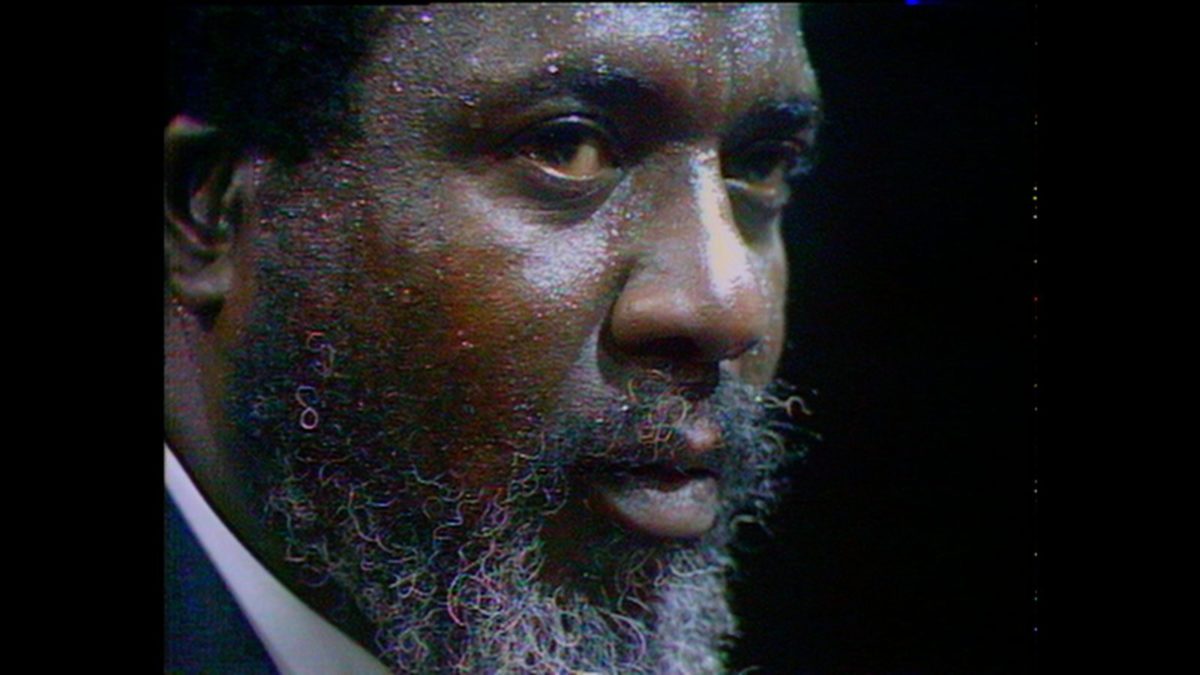
Félicité director Alain Gomis returned to the festival circuit last year with Rewind & Play, which recontextualizes Thelonious Monk’s appearance on a 1969 French television program into an experience that can only be described as a parade of horrors. His genius musical talent is on display, but in expanding far beyond the standard music documentary, Gomis focuses in on the white host’s inane, condescending line of questioning in a series of outtakes. As the bright lights burn down on a sweating Monk, the interview devolves into an uncomfortable, revealing look at the prejudiced belittling of a legend. – Jordan R.
Where to Stream: YouTube
R.M.N. (Cristian Mungiu)
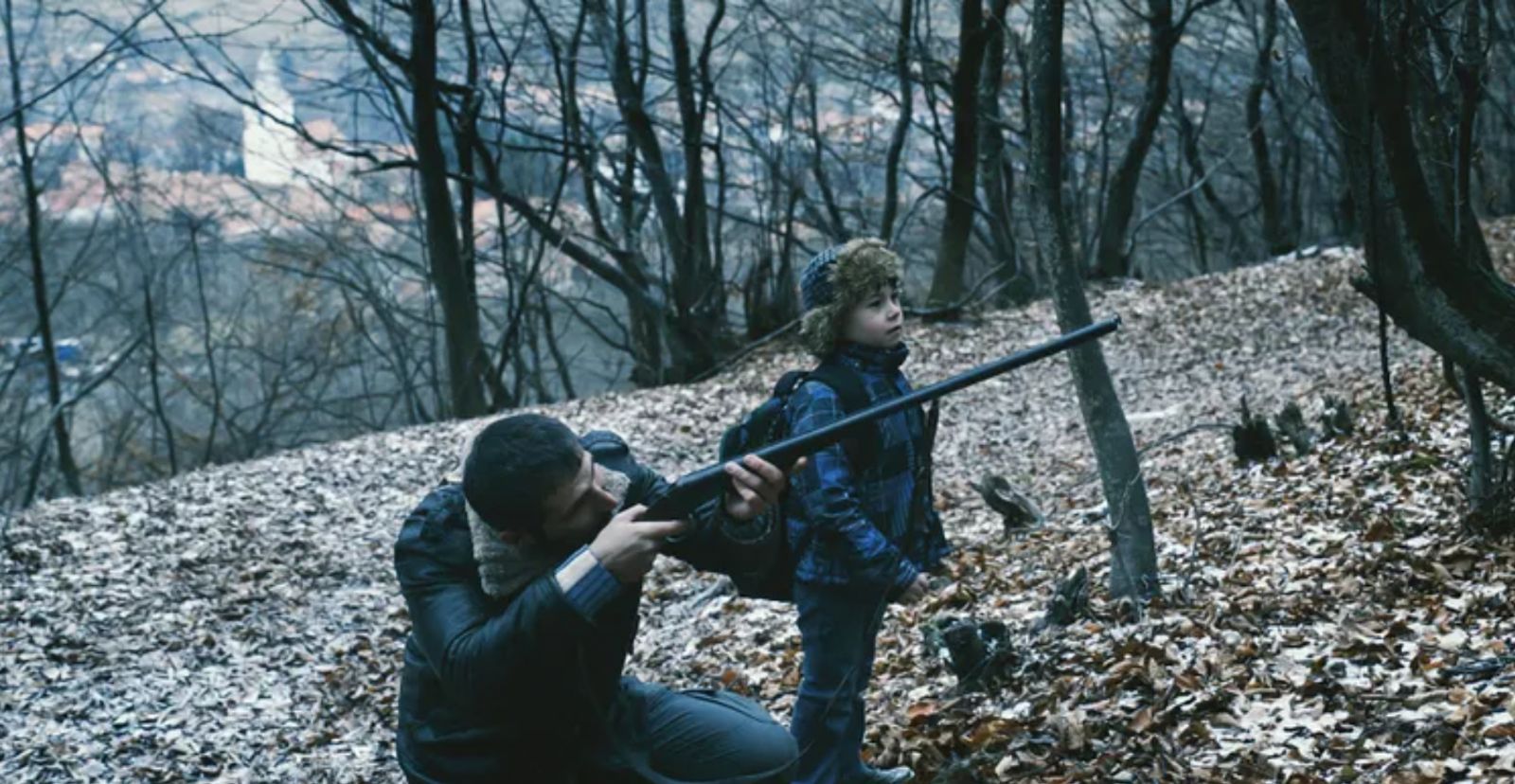
Anyone looking to take the temperature of Cristian Mungiu’s first film in six long years should heed the words of Matthias, his most recent downtrodden protagonist: “People who feel pity die first,” he explains to his 8-year-old son. “I want you to die last.” Too much? Try the more eloquent musings of the local priest: “Everyone has their place in the world, as God ordained.” Translation: go back to where you came from. The Romanian filmmaker returns with R.M.N., a portrait of Europe, perhaps the world, in the days of late capitalism. As bitter and biting as its winter landscape, it stars Marin Grigore as a Hungarian immigrant in a small village nestled amongst the snowy forests and sweeping mountains of Transylvania. Working in crisp blues and greys from Tudor Vladimir Panduru (Graduation, Malmkrog), Mungiu sketches the town as a modern Babel: Romanian, Hungarian, French, German, Sri Lankan, and English are all spoken, and an uneasy coexistence prevails. You soon wonder for how long. – Rory O. (full review)
Scarlet (Pietro Marcello)
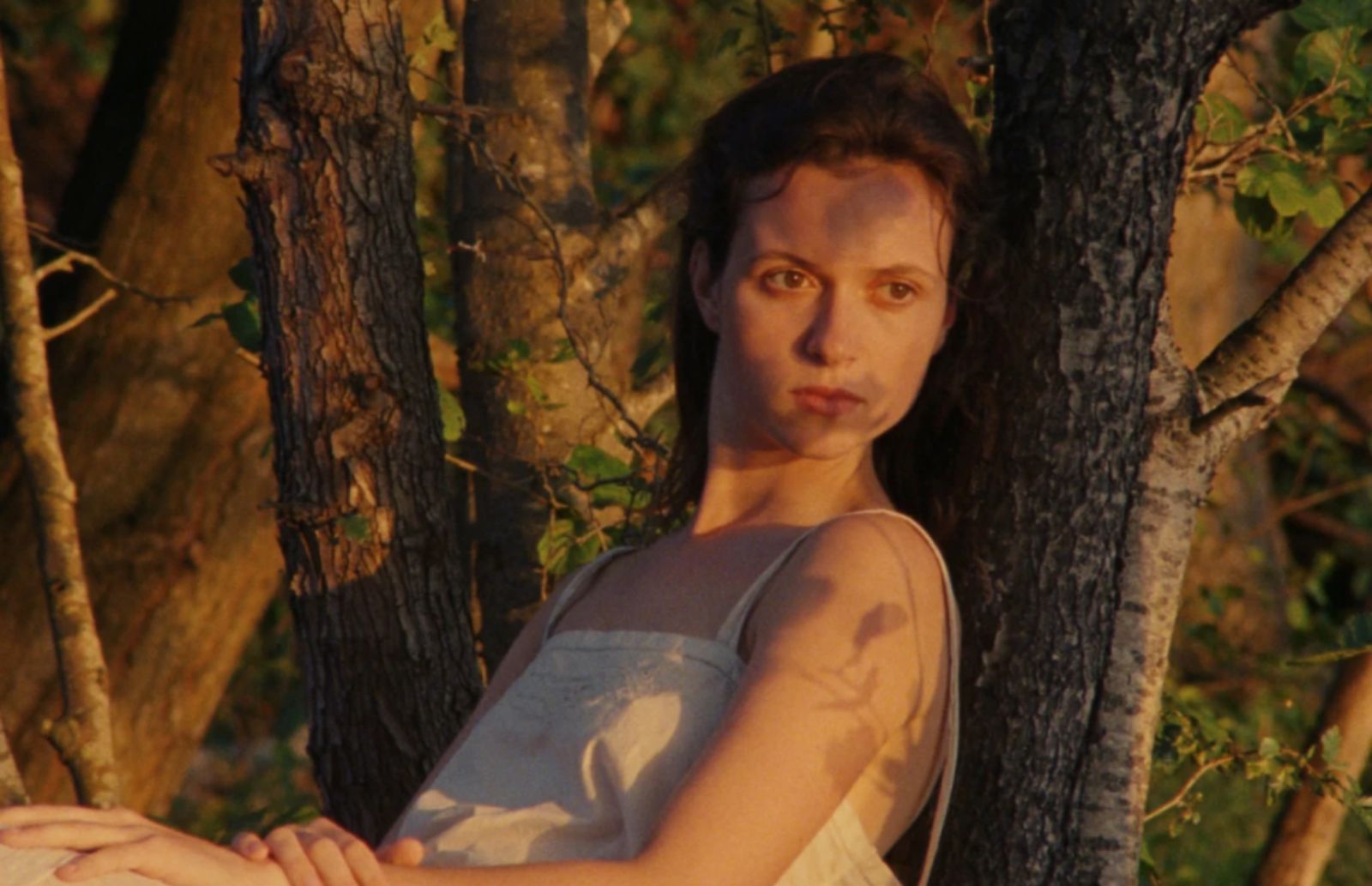
In his previous film Martin Eden, and now with Scarlet, Pietro Marcello has found a novel way to depict artistic striving, closely tying it with the concept of labor. It’s also something that runs through Jim Jarmusch’s Paterson, about the poetry-penning bus driver of the same name: both filmmakers have helped demystify our idea of the artist as a potential “great man of history” and the deification often accorded them. The would-be literary maven of Martin Eden and two artist-craftsmen of Scarlet are engaged instead in a noble struggle, a bit like the eternal workers’ struggle of Marcello’s other chief interest: that of leftist political thought. – David K. (full review)
Where to Stream: VOD
Showing Up (Kelly Reichardt)

Two years after First Cow, which we collectively named our favorite film of 2020, Kelly Reichardt returns with a work like a line drawing: neat, lean, evocative. Showing Up is about art, how art is made, and the people who use their time to make it. It stars Michelle Williams, an actress who has always been at home to the quiet rhythms of Reichardt’s filmmaking, appearing over the years as a down-on-her-luck drifter in Wendy and Lucy (2008), a settler on the wagon trail in Meek’s Cutoff (2011), and as a woman burdened by a belittling man in the director’s anthology Certain Women (2016). – Rory O. (full review)
Where to Stream: Paramount+ with Showtime, VOD
Trenque Lauquen (Laura Citarella)
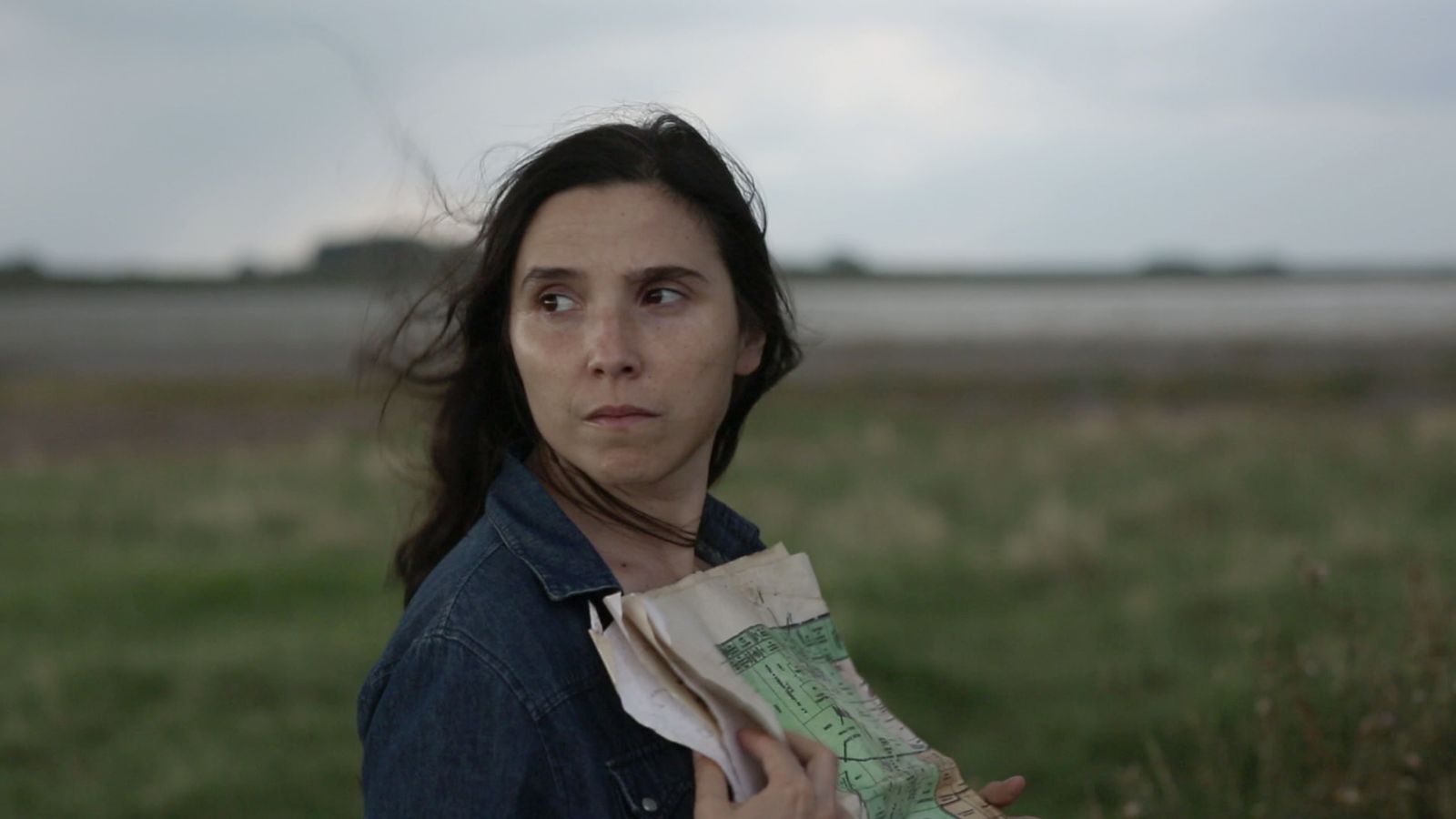
There are many films that start with a bang and many that climax at the end. There are fewer that wow with a deliberately calibrated, orgiastic halfway mark. This (among many other qualities) makes Argentinian director Laura Citarella’s beguiling, shape-shifting epic Trenque Lauquen something of a rarity. The first half of the 250-minute film (also screening in two parts at festivals, which is perfectly doable and would probably lead to a different viewing experience) concludes with a wordless scene of contemplation that abruptly cuts to a title sequence for the ages. This brutal transition comes as a surprise—not only because nothing in the two hours you’ve just spent has prepared you for the mean glare of strobe light and nasty electro beat accompanying the credits list. It also feels like a promise, a dare: “Think that’s enough weirdness for one movie? We’re just getting started.” However fatigued or perplexed one may be at this point, the sweet kick of adrenaline from this madly confident interlude will send pulses racing like the best of cinema does. But let’s start again from the top. – Zhuo-Ning Su (full review)
Where to Stream: VOD
Unrest (Cyril Schäublin)
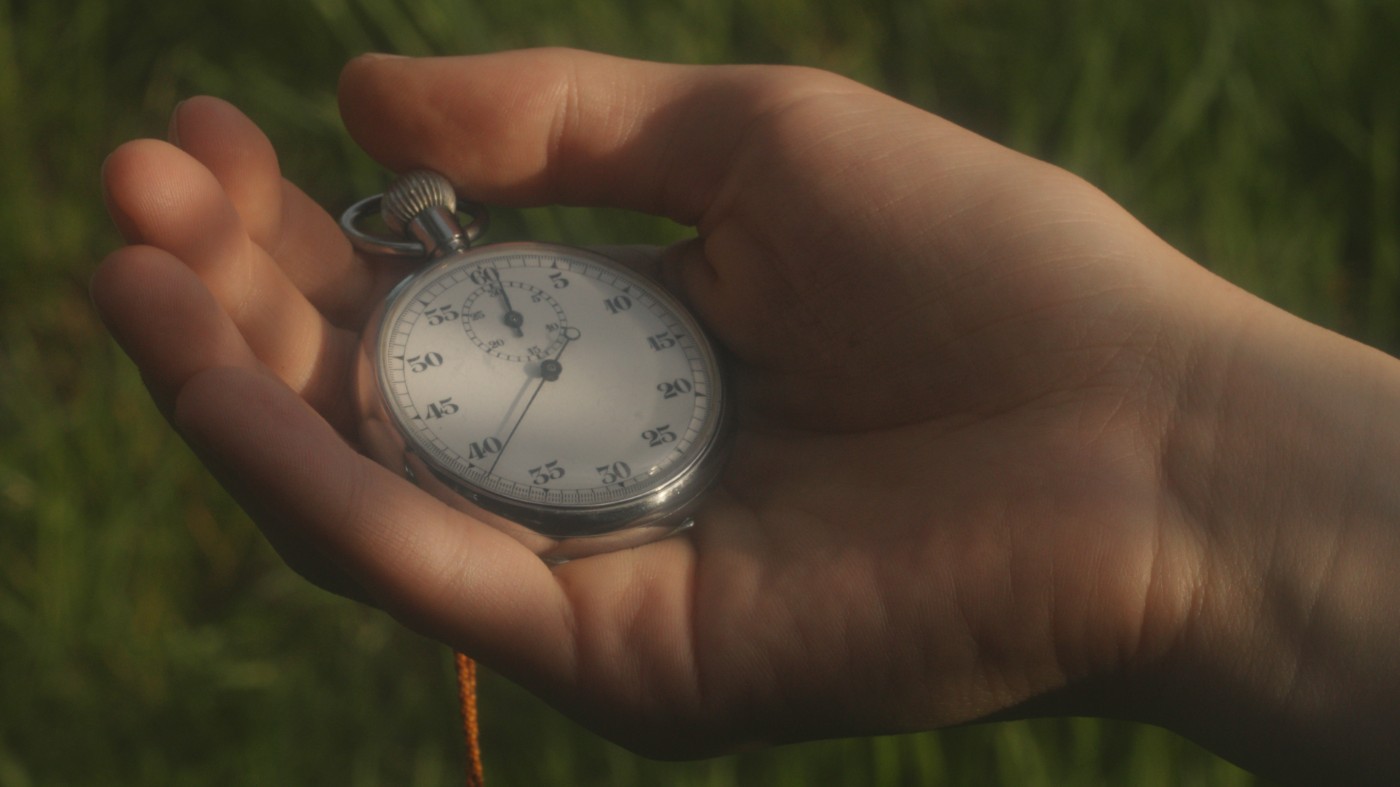
The best word to describe Unrest is “clever.” It isn’t on the level of the artisans and thinkers it lovingly portrays––all the graphers (geo, carto, photo) and the ists (social, anarch, horolog, and so on)––but not so far off; and more than enough to be worthy of their story. Consider the title’s neat duality. “Unrest,” as the film explains, is another name for a wristwatch’s balance wheel: an instrument that, working in tandem with the spiral and escapement, creates the mechanism that makes it tick. Then there is the other kind. – Rory O. (full review)
Where to Stream: VOD
You Hurt My Feelings (Nicole Holofcener)

In a landscape that has mostly lost its taste for comedy, every Nicole Holofcener film feels like a revelation. While she has more on her mind than just making audiences laugh, her gift for humor is undervalued, and her latest, You Hurt My Feelings, is as perceptive, insightful, and funny as her best work. The stakes may be considered low, but that is only in comparison to the ill-perceived notion that audiences need to be satiated with overcomplicated, heightened narratives that stretch beyond quotidian human issues. For these characters the stakes couldn’t be higher, and it’s refreshing to see a director examine the major emotional consequences of small but significant actions. – Jordan R. (full review)
Where to Stream: VOD
Will-o’-the-Wisp (Joao Pedro Rodrigues)
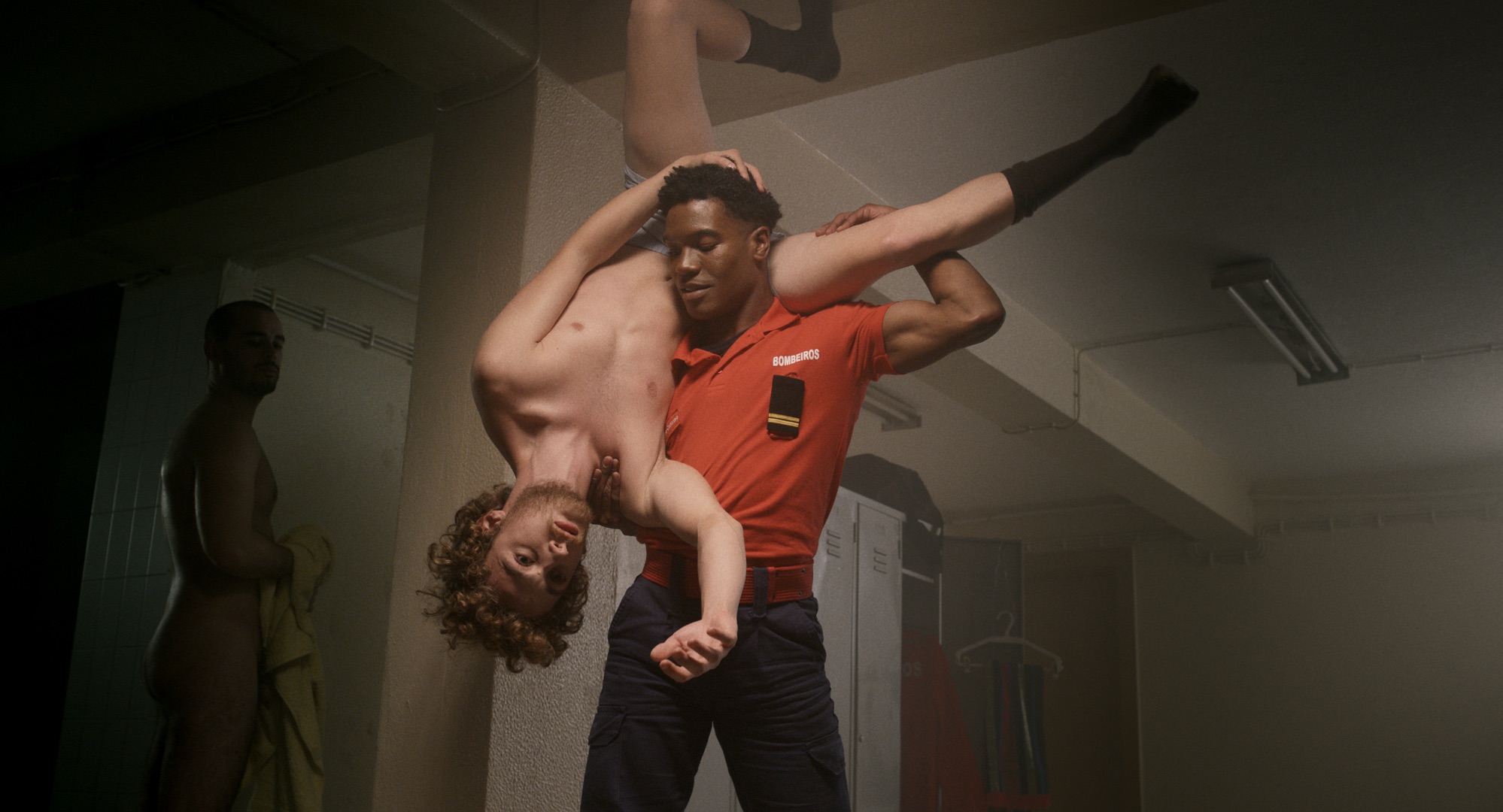
A hopeful and bittersweet plea for a better future, Joao Pedro Rodrigues’ 67-minute oddity Will-o’-the-Wisp covers three periods in the life of Alfredo, a “Prince” of Portugal. If a little conceited and cutesy at times––perhaps “a musical comedy by” wasn’t literally needed to be specified in the opening credits––this a film that manages to remain likable throughout. Seemingly an accomplishment for something with so much on its mind. – Ethan V. (full review)
Where to Stream: The Criterion Channel
The Wonderful Story of Henry Sugar (Wes Anderson)
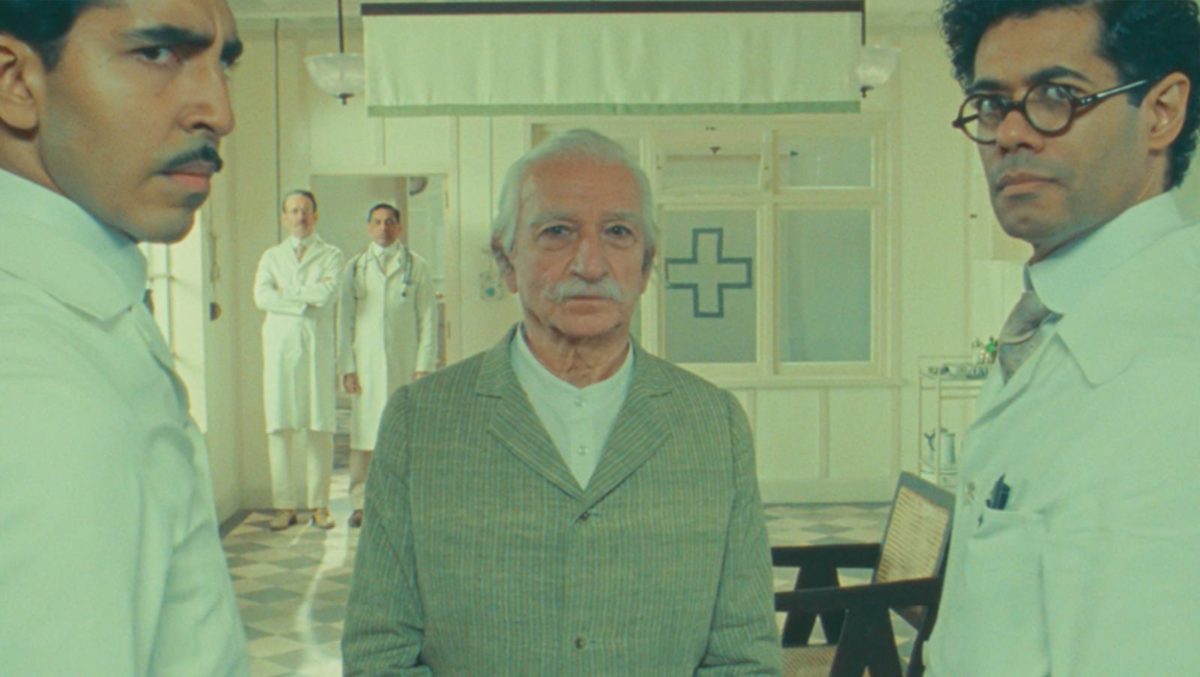
Following 2009’s Fantastic Mr. Fox, the director adapts another Roald Dahl text, a 1977 short story of the same name. It’s rare to see two artists exist in such perfect symbiosis. Dahl was both a fabulist and conjurer, eager to conspire with children against the civilizing process of adulthood and concoct fables where the comic and sinister could meet and mingle. Watching Henry Sugar, it’s as if the director’s imagination served as an extension of the writer’s. Clocking in at 37 minutes, the featurette, as is so often the case with Anderson, is designed as a nesting doll of overlapping tales and narrators. We begin with Dahl himself (Ralph Fiennes), introducing what’s to follow (much like Bryan Cranston did in Asteroid City) and then bolt across time and space to meet the titular Sugar (Benedict Cumberbatch), a writer-cum-playboy who one day happens upon a report penned by an Indian doctor (Dev Patel) about a most curious patient (Ben Kingsley): a man who had trained himself to see without his eyes. – Leonardo G. (full review)
Where to Stream: Netflix (along with The Swan, The Ratcatcher, and Poison)
Honorable Mentions
Apple TV+
Flora and Son
The Criterion Channel
Human Flowers of Flesh
The Innocent
Lynch/Oz
Stonewalling
Tori and Lokita
Hulu
Blue Jean
A Compassionate Spy
Enys Men
Linoleum
No One Will Save You
Rye Lane
Sanctuary
Max
Albert Brooks: Defending My Life
Barbie
Magic Mike’s Last Dance
Reality
MGM+
Bottoms
MUBI
Alcarràs
Happer’s Comet
The Five Devils
Queens of the Qing Dynasty
Rotting in the Sun
Smoking Causes Coughing
The Unknown Country
Netflix
El Conde
Fair Play
Maestro
No Hard Feelings
Squaring the Circle
They Cloned Tyrone
Peacock
Sick
Prime Video
AIR
The Burial
Cassandro
The Integrity of Joseph Chambers
Maya
Padre Pio
Retrograde (also on Tubi)
Revoir Paris
Saltburn
Shin Kamen Rider
Silver Dollar Road
A Thousand and One (also on Peacock)
Showtime/Paramount+
Beau Is Afraid
The Civil Dead
Personality Crisis: One Night Only
Scrapper
The Starling Girl
Shudder
Birth/Rebirth
Huesera: The Bone Woman
Skinamarink
Tubi
Hannah Ha Ha (also on Fandor)
Viking (also on Fandor)
VOD
The Adults
Astrakan
Before, Now & Then
Birth/Rebirth
BlackBerry
Blue Jean
Chile ’76
Dicks: The Musical
Dream Scenario
Falcon Lake
Fremont
Four Daughters
Geographies of Solitude
John Wick: Chapter 4
Master Gardener
Mission: Impossible – Dead Reckoning Part One
Nam June Paik: Moon Is The Oldest TV
Revoir Paris
The Royal Hotel
Sick of Myself
The Stones and Brian Jones
Talk to Me
Walk Up
Waiting for the Light to Change
